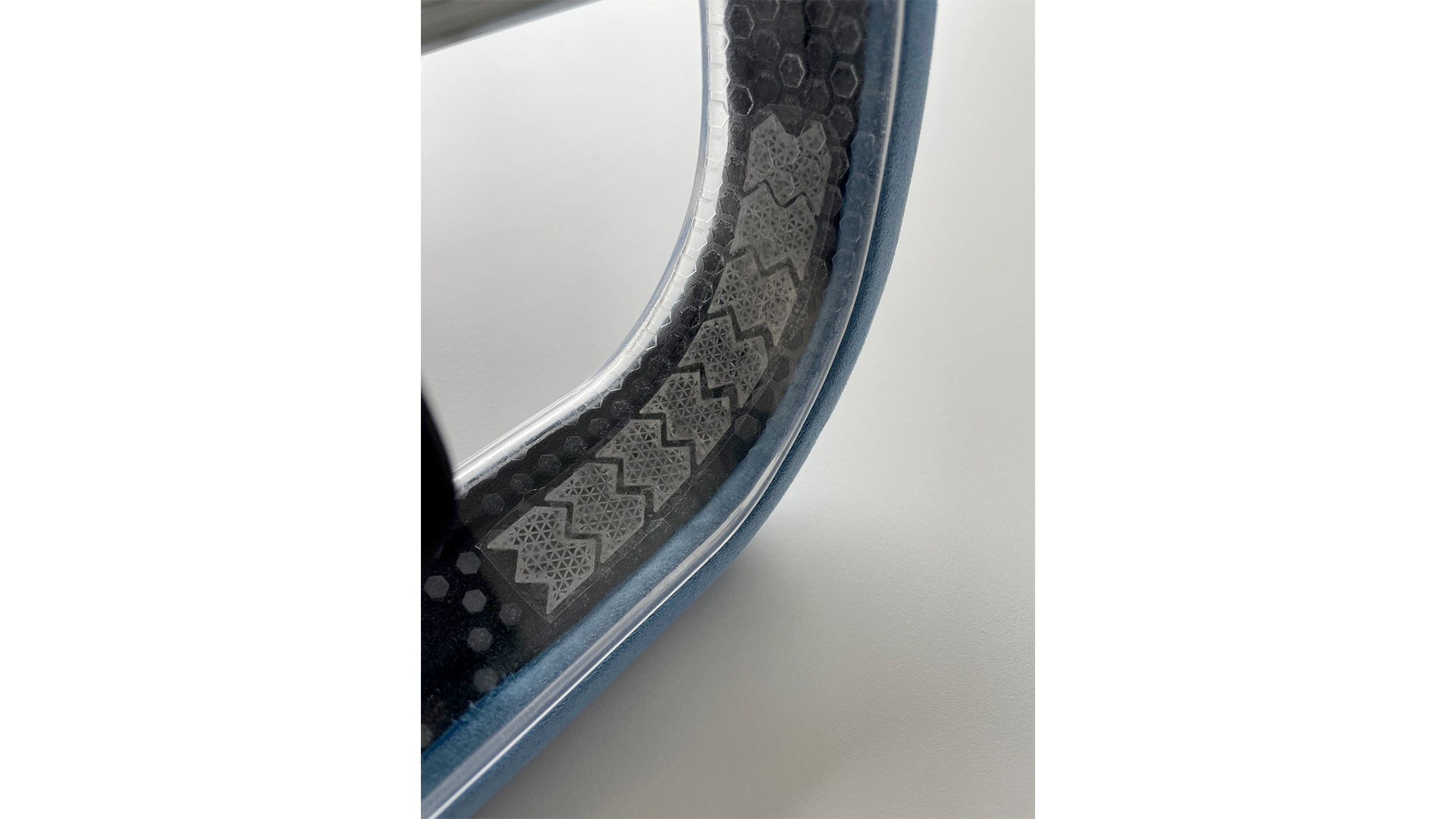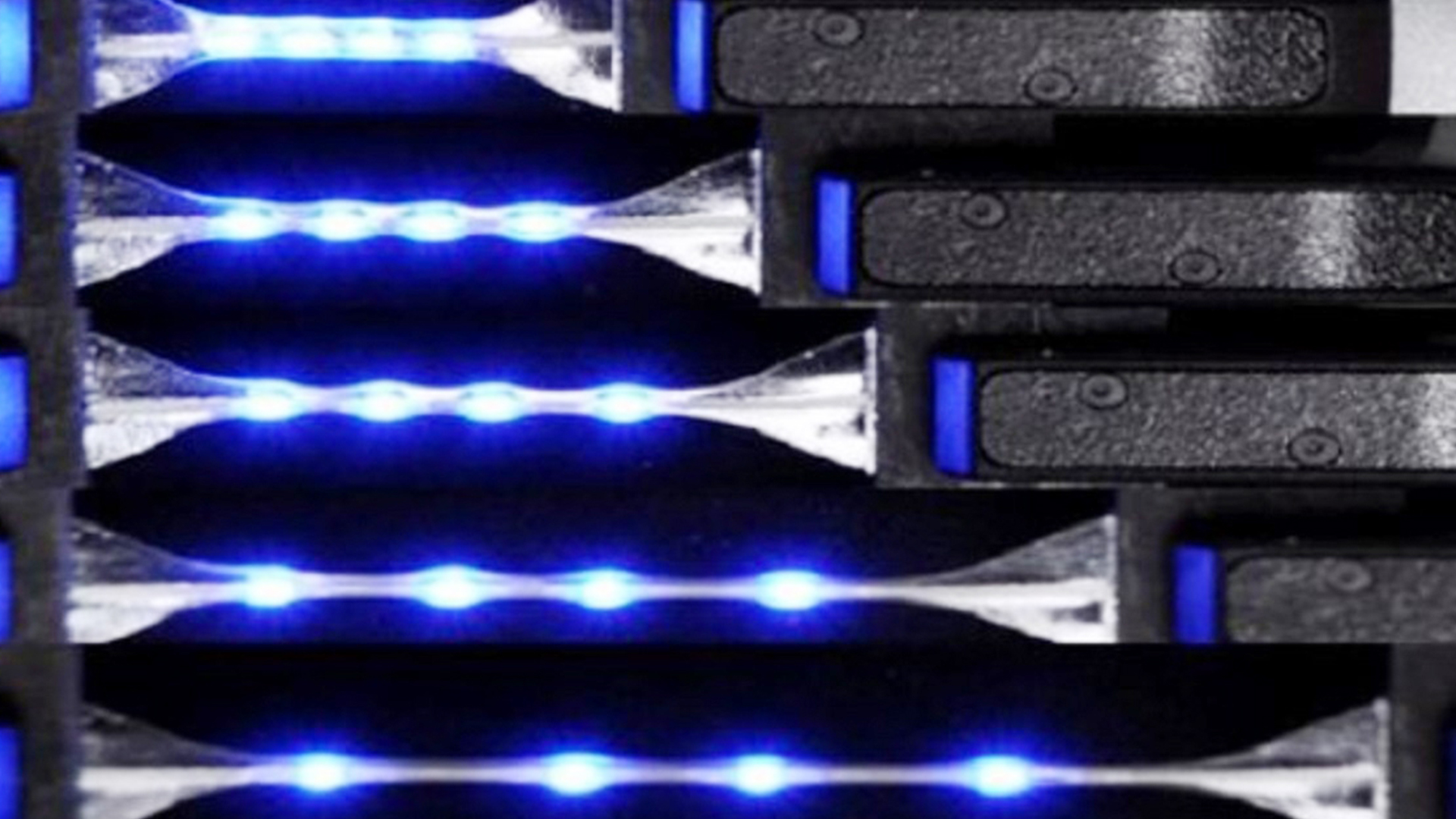Flexible electronics take car interiors into the future
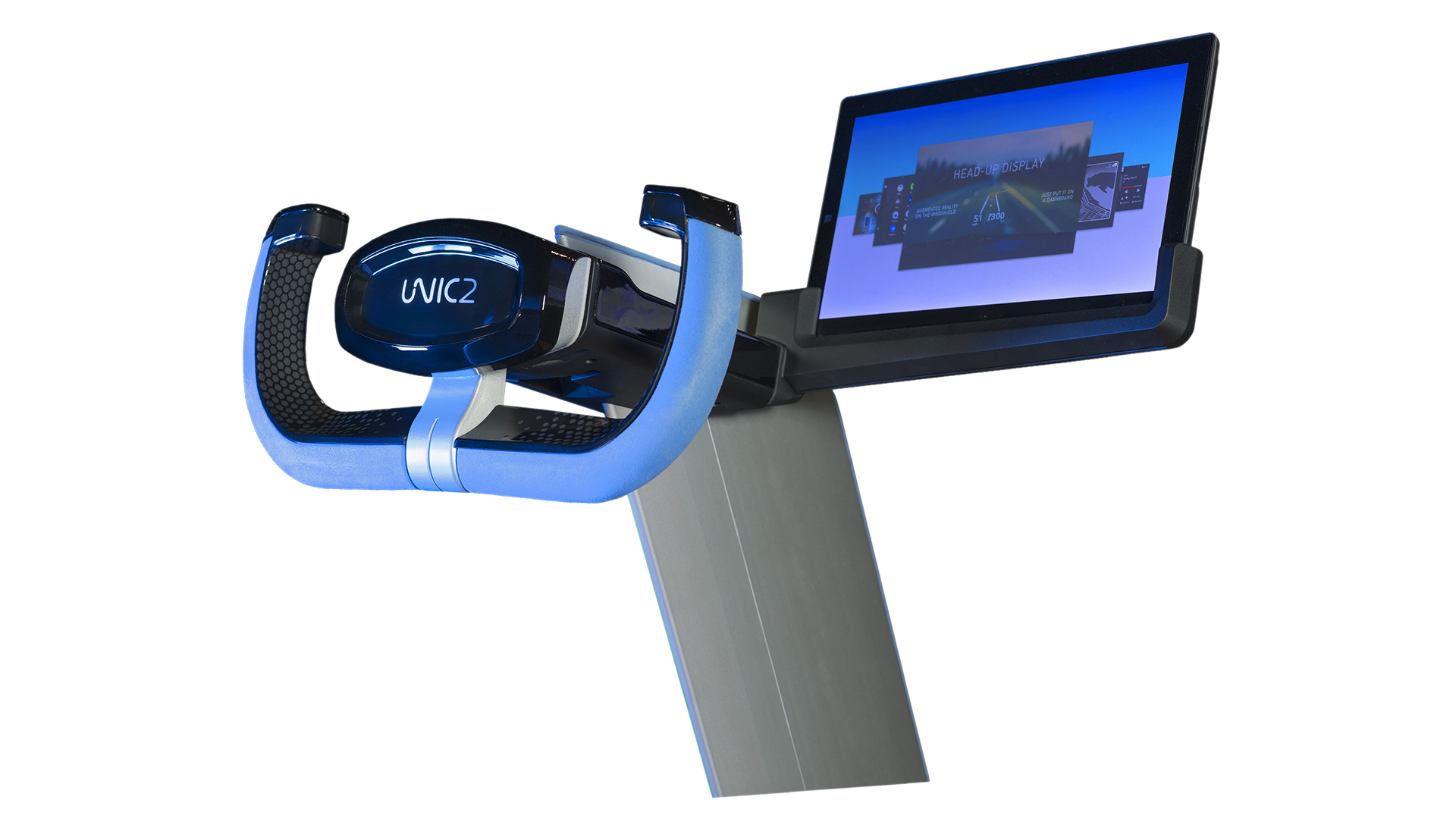
Seatbelt safety sensors. Touch screen in the fabric. Or volume control in rounded sensors on the steering wheel. The UNIC2 from Soplast is exactly what it sounds like - a unique concept of ultra-thin and flexible electronics that can be integrated into virtually any material.
- The concept behind UNIC2 consists of several patents with ultra-stretchable electronics that for the first time can now be used for various functions in car interiors. The stretchable electronics offer unlimited possibilities to create electronic surfaces on materials such as textiles, leather, wood or polymers," says Henrique Rézio, CEO of Soplast.
Innovation for the next generation
Things that previously seemed impossible - like electronic textiles with rotating HMI interfaces - are now possible thanks to UNIC2. Whether textile, plastic or any kind of special material, the stretchable electronics can be integrated into the material, completely transforming the design of the car's interior.
- UNIC2 is a mesh concept based on future-proof technology," says Henrique Rézio.
Minimal footprint
Soplast has over 30 years of experience in producing innovative and sustainable parts made of polymeric materials for the automotive industry and it is this knowledge that has made the UNIC2 concept possible. And who knows, maybe in the near future you yourself will be sitting in a car where the GPS map is neatly integrated right into the wooden panel?
- The concept makes it possible to produce sensors, user interfaces and touch screens for steering wheels, centre consoles and controls, for example, in 3D geometries and with ultra-thin stretchable circuits that can integrate LEDs or microchips. All at a low cost and without the need for welding or soldering, says Henrique Rézio and continue
- In addition, for the first time, the printed electronics are fully recyclable, enabling a responsible circular economy.
The unique UNIC2 concept from Soplast - among a host of other innovations - can be seen at Subcontractor InnoDex during Elmia Subcontractor, 15-17 November.
Subcontractor InnoDex is the arena for all product developers, engineers and designers in the industry - a knowledge and inspiration arena beyond the ordinary, with exhibitions and lectures on new materials, innovative technologies and creative processes. This year, Subcontractor InnoDex has four focus areas:
- Materials for Green Energy
- Circular Materials for Future Mobility and Design
- Additive High-Tech Applications
- Smart and Digital Materials
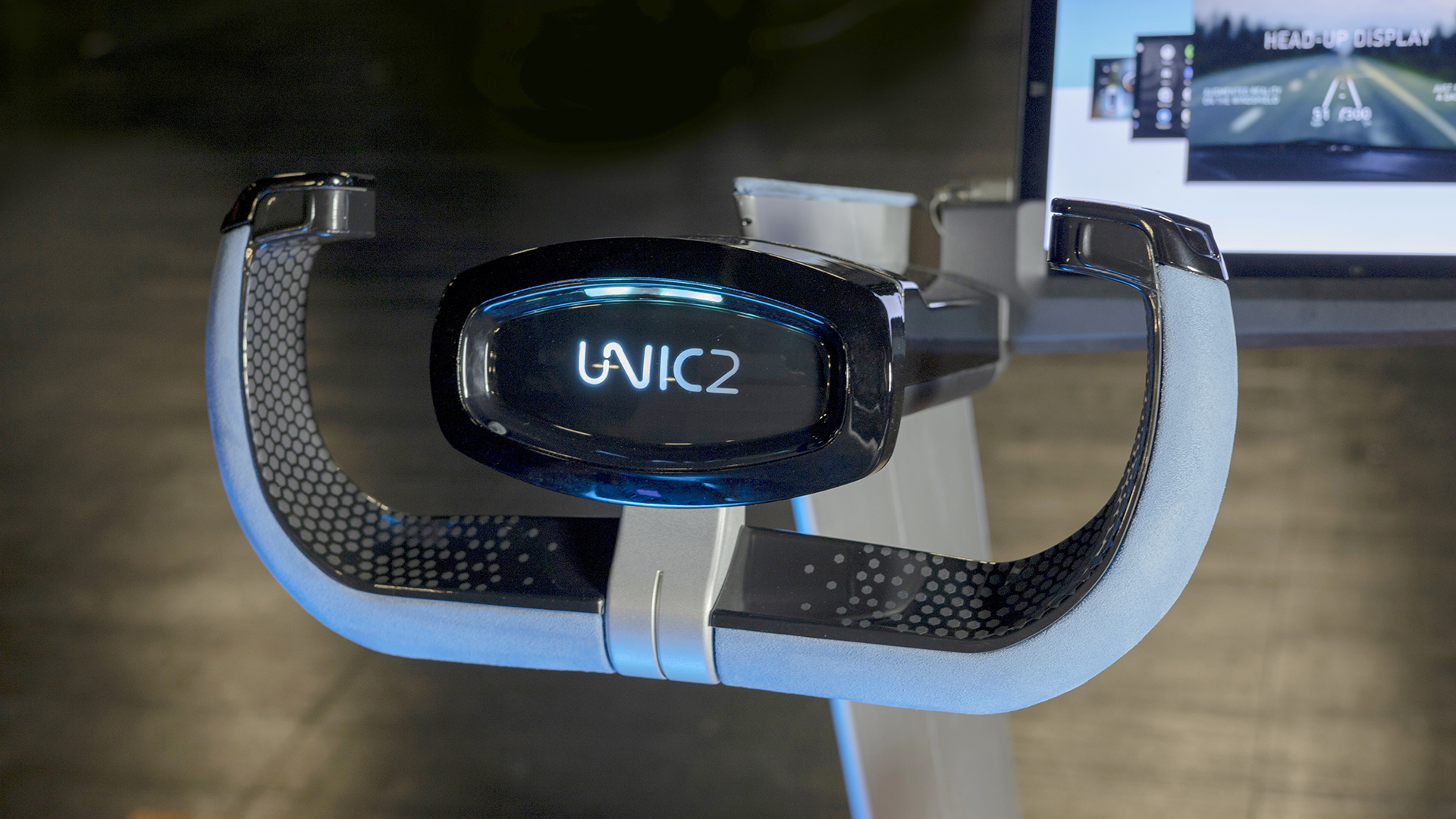
The stretchable electronics allow for 3D printed and rounded controls for e.g. brightness and volume control on the steering wheel. Other applications could include sensors for temperature monitoring, capacitance sensors or ven 3D printed antennas.
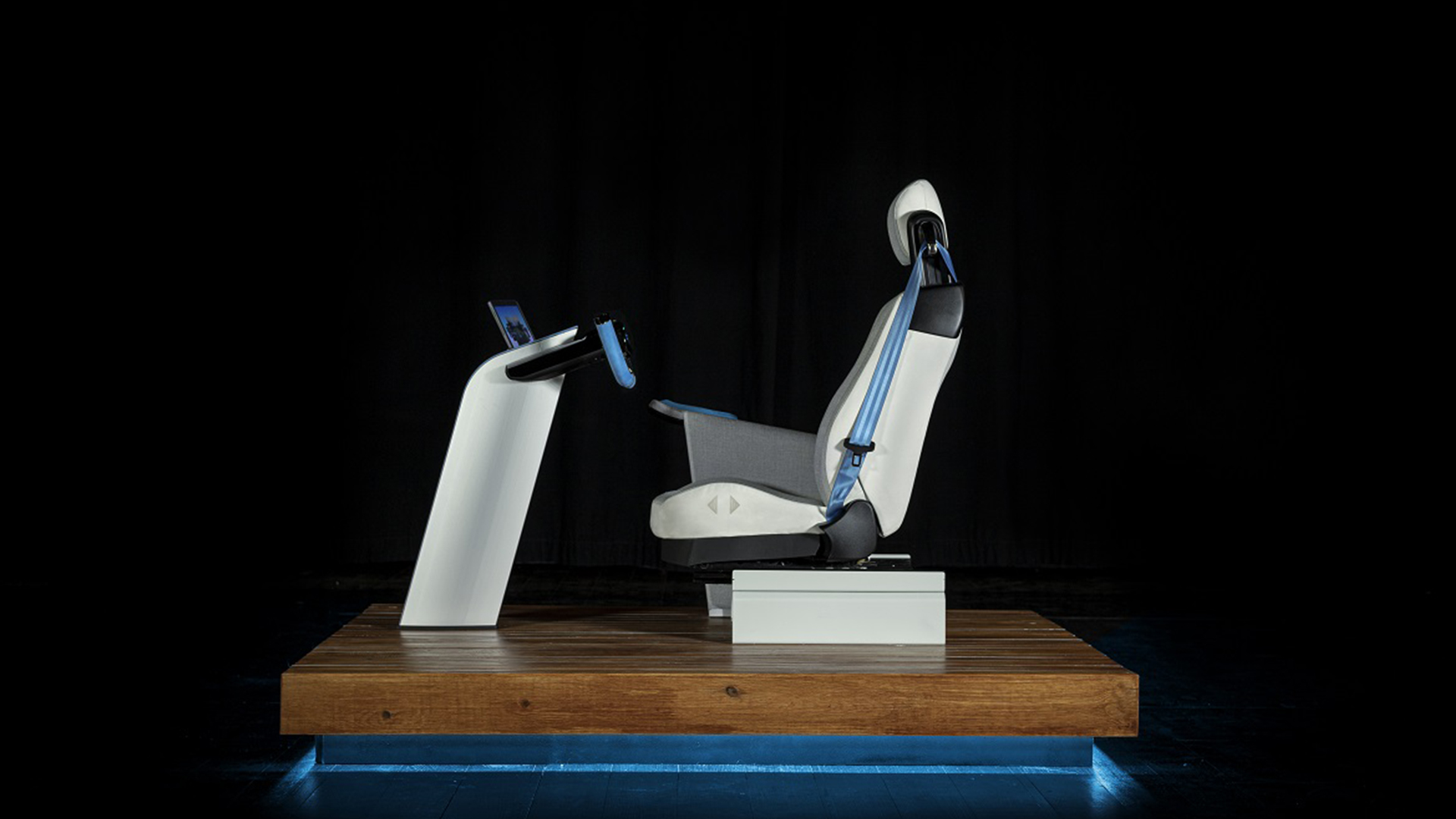
UNIC2 from Soplast creates a whole new experience in the driver's cabin such as controls, touch screens and buttons that can be fully integrated into the chosen material. For example, through electronic seat adjustment textiles, as seen on the two triangles on the seat cushion in the picture.
